Juno Spacecraft: What Do We Hope To Learn?
Juno Spacecraft: What Do We Hope to Learn?

The Juno spacecraft has been traveling toward its destination since its launch in 2011, and is set to insert Jupiter’s orbit on July 4. Jupiter is by far the largest planet in the solar system. Humans have been studying it for hundreds of years, yet still many basic questions about the gas world remain.

The primary goal of the Juno spacecraft is to reveal the story of the formation and evolution of the planet Jupiter. Understanding the origin and evolution of Jupiter can provide the knowledge needed to help us understand the origin of our solar system and planetary systems around other stars.

Have We Visited Jupiter Before? Yes! In 1995, our Galileo mission (artist illustration above) made the voyage to Jupiter. One of its jobs was to drop a probe into Jupiter’s atmosphere. The data showed us that the composition was different than scientists thought, indicating that our theories of planetary formation were wrong.
What’s Different About This Visit? The Juno spacecraft will, for the first time, see below Jupiter’s dense clover of clouds. [Bonus Fact: This is why the mission was named after the Roman goddess, who was Jupiter’s wife, and who could also see through the clouds.]

Unlocking Jupiter’s Secrets
Specifically, Juno will…
Determine how much water is in Jupiter’s atmosphere, which helps determine which planet formation theory is correct (or if new theories are needed)
Look deep into Jupiter’s atmosphere to measure composition, temperature, cloud motions and other properties
Map Jupiter’s magnetic and gravity fields, revealing the planet’s deep structure
Explore and study Jupiter’s magnetosphere near the planet’s poles, especially the auroras – Jupiter’s northern and southern lights – providing new insights about how the planet’s enormous
Juno will let us take a giant step forward in our understanding of how giant planets form and the role these titans played in putting together the rest of the solar system.
For updates on the Juno mission, follow the spacecraft on Facebook, Twitter, YouTube and Tumblr.
Make sure to follow us on Tumblr for your regular dose of space: http://nasa.tumblr.com
More Posts from Allisonkitten and Others

We exist for a mere blink of an eye in astronomical terms.
Tiggghhhttt
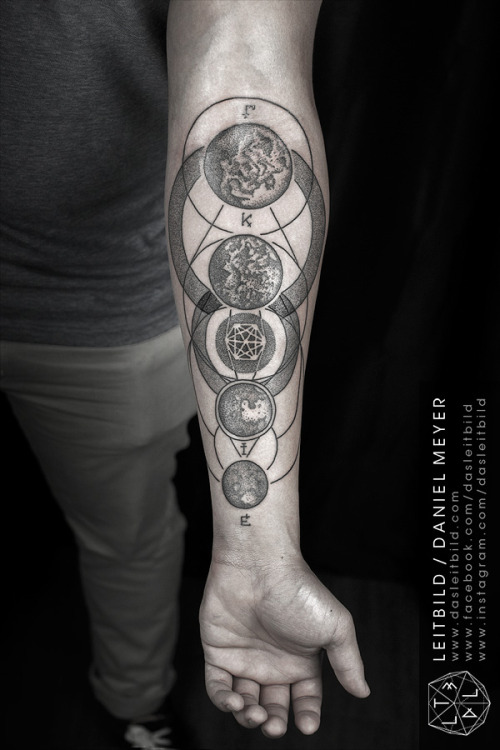
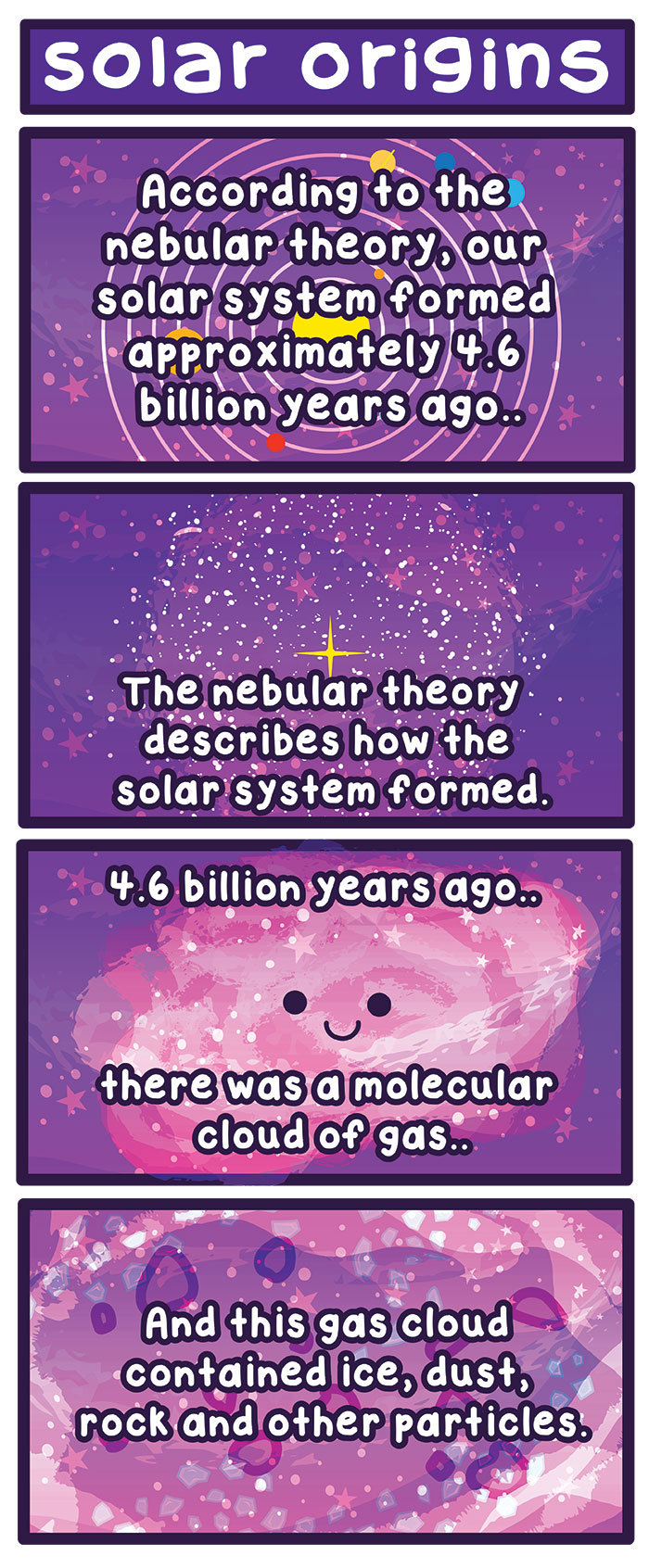
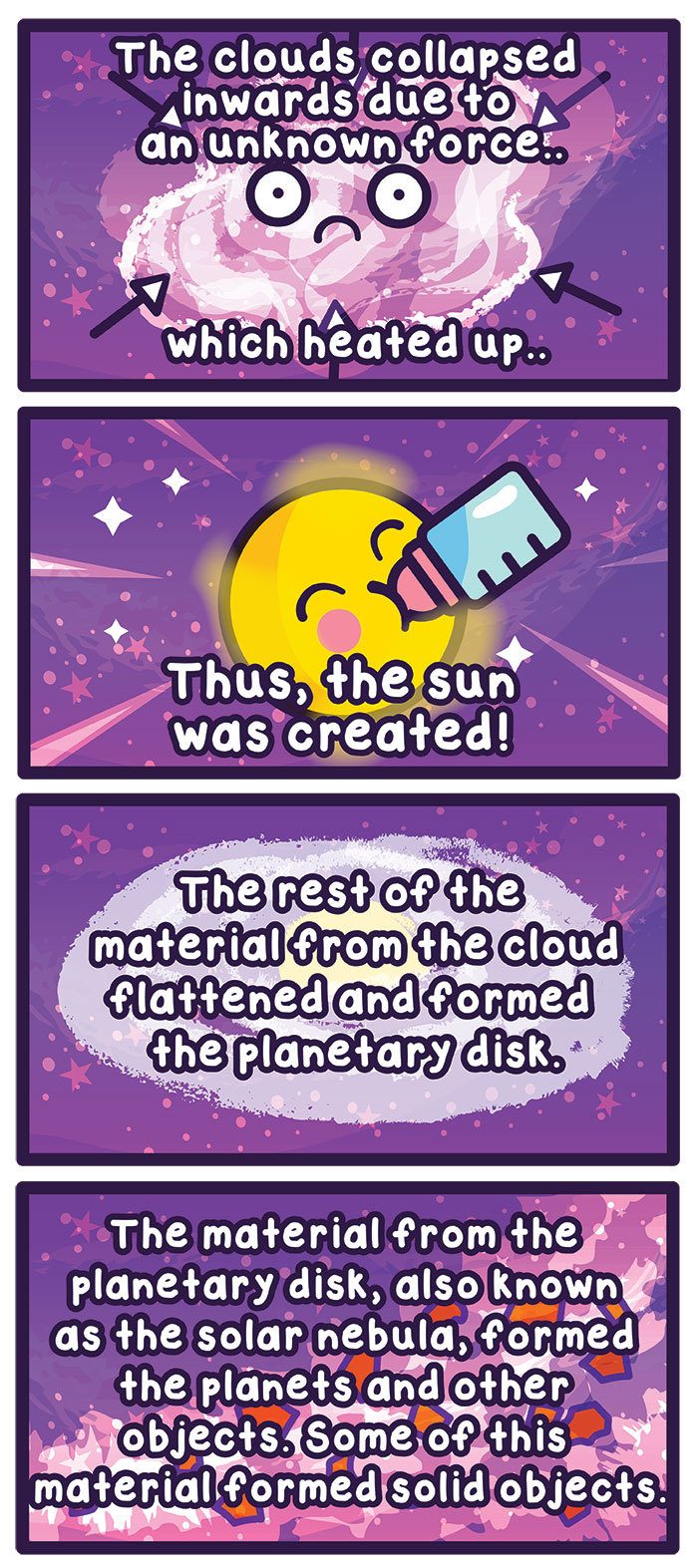
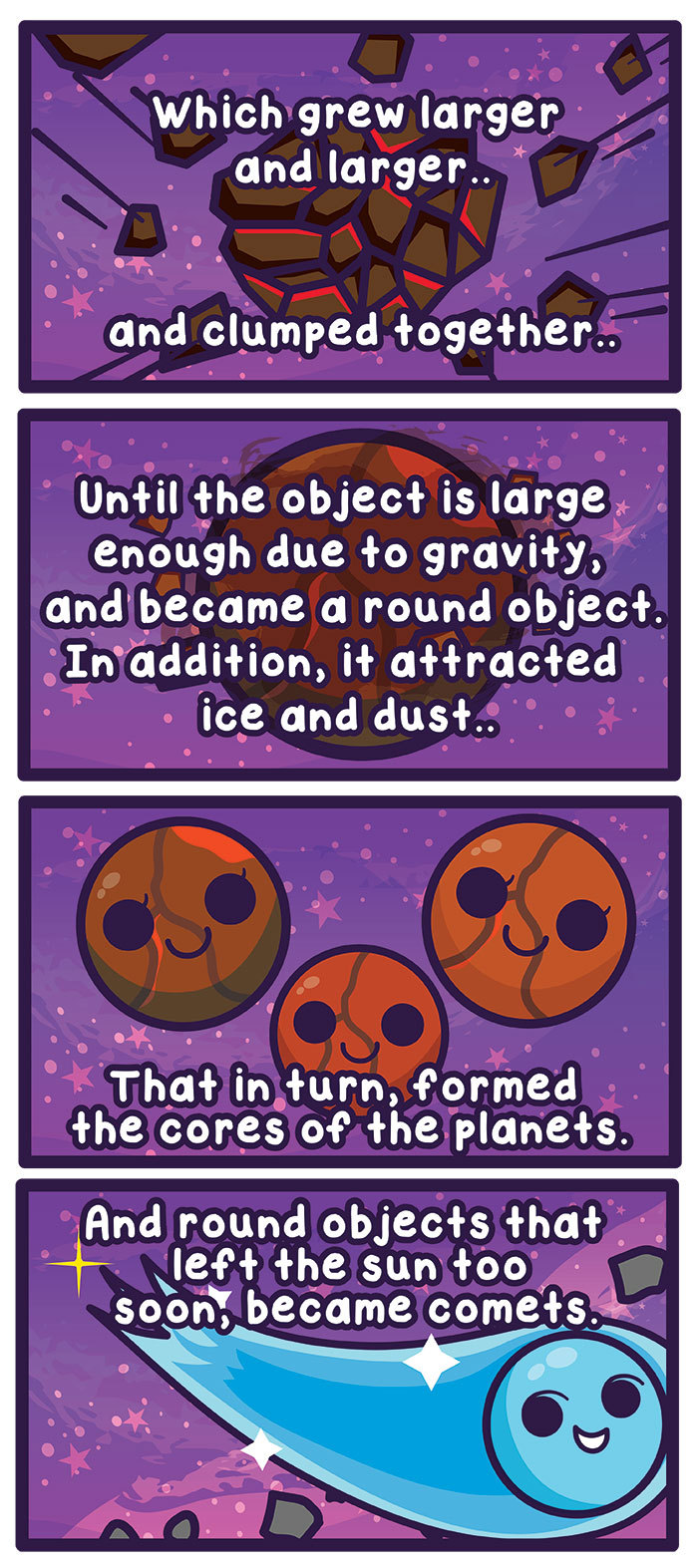
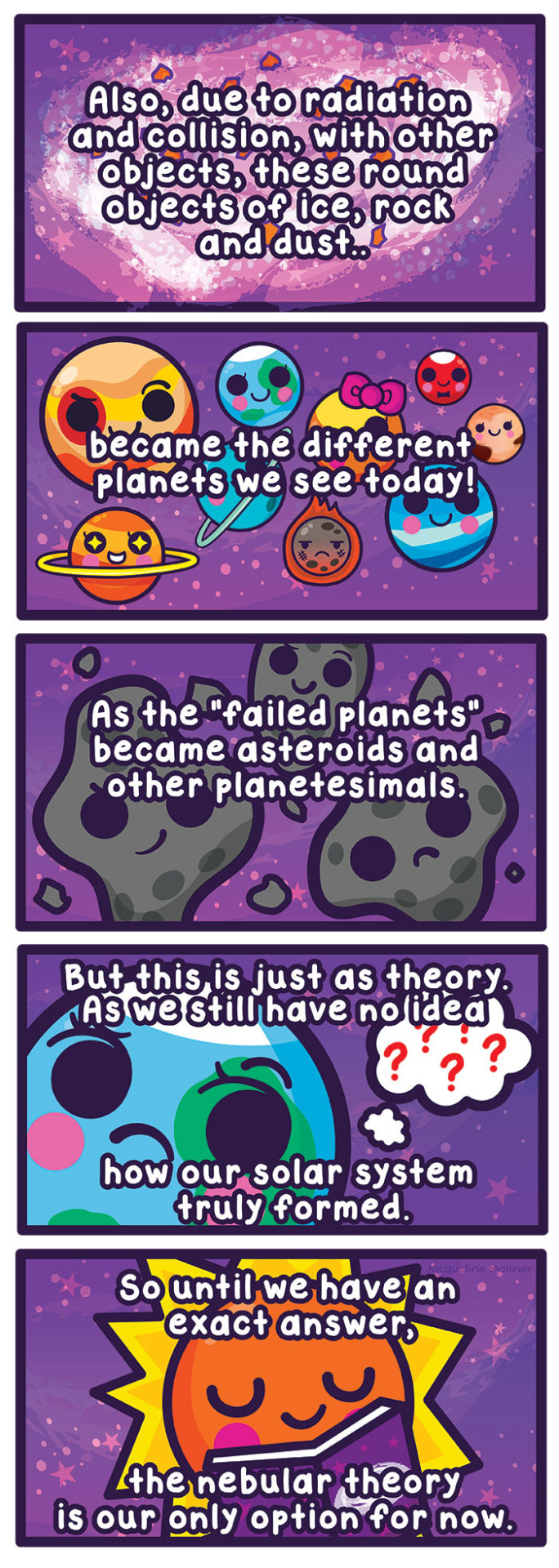
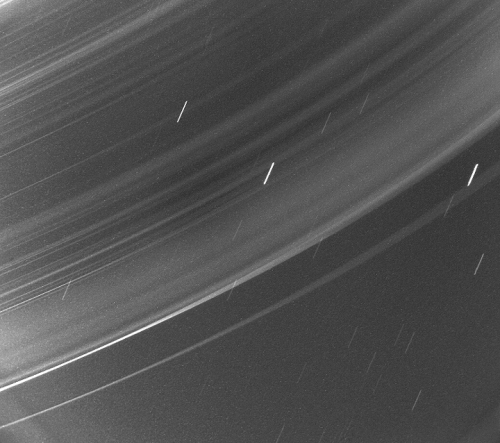
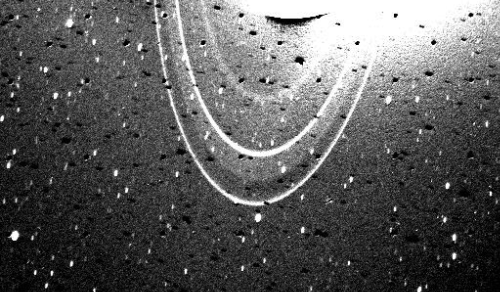

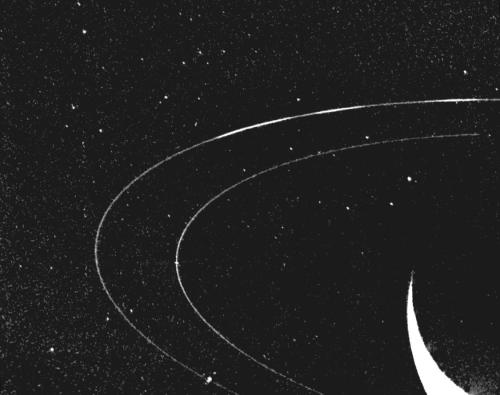
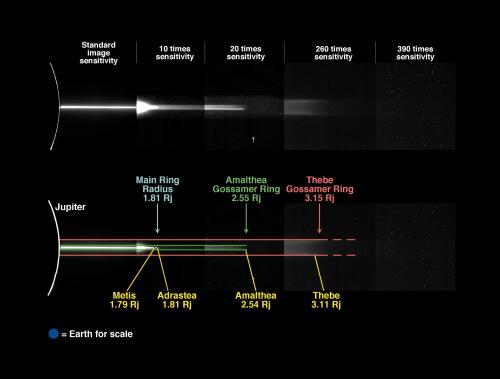
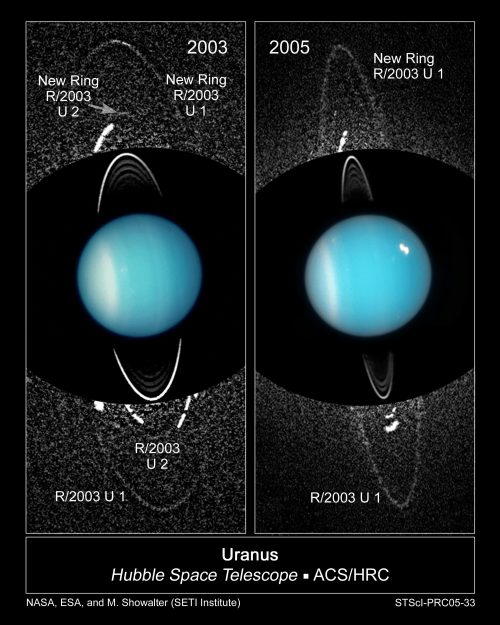
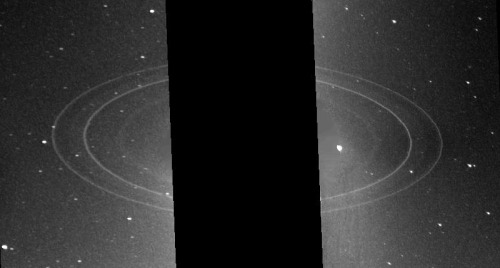
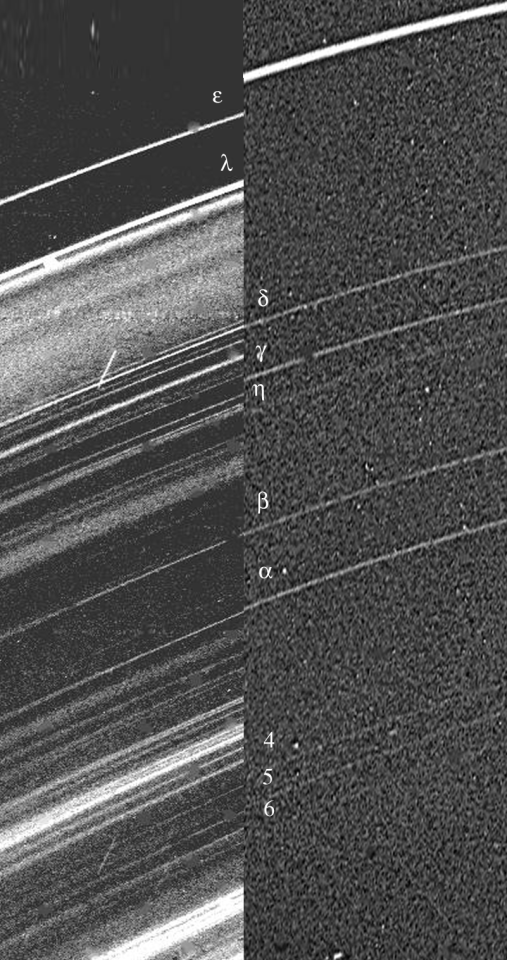
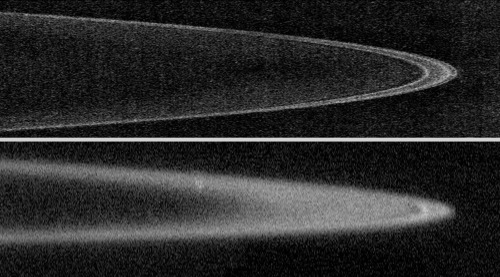

The Incredible Rings Of Uranus, Jupiter And Neptune
“It’s thought that these rings formed by organic compounds from either colliding, destroyed moons or ejecta via the extant moons. The small, innermost moons of Neptune and Jupiter shepherd their great, dusty rings. Contrariwise, Uranus’ rings simply are, consisting of mostly rocks up to 20 meters in size.”
We typically think of Saturn as our Solar System’s ringed world, thanks to its huge, glorious rings spanning nearly three times the diameter of the planet from tip-to-tip. But the other three gas giant worlds have their own impressive ring systems, with Jupiter, Uranus and Neptune boasting four, thirteen and five rings, respectively. While Neptune and Jupiter’s rings are exclusively created and shepherded by their inner, tiny moons, Uranus has a system somewhere in between those worlds and Saturn’s, having been discovered from the ground years before the Voyager spacecraft ever arrived. Go get the full story in pictures, animations and no more than 200 words on today’s Mostly Mute Monday!
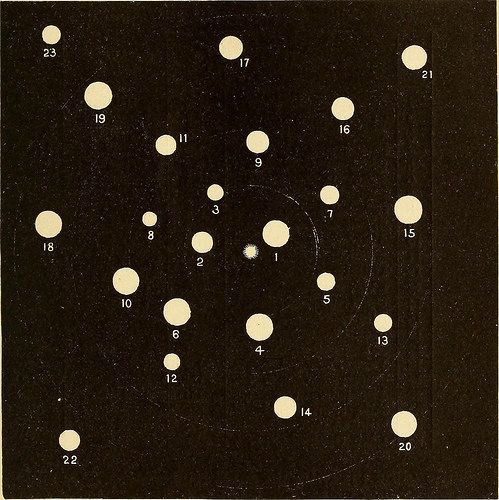
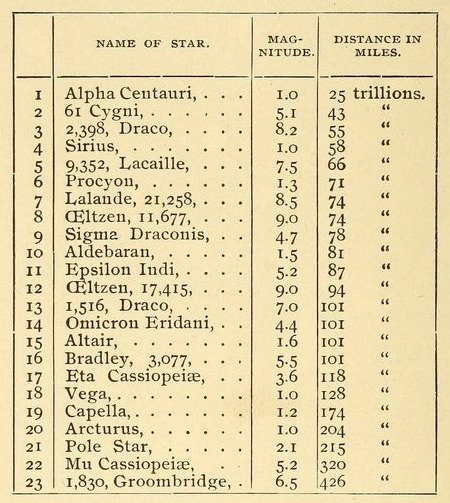
Known distances of stars from Earth in the 1890s, chart and table. The story of the sun, moon and stars. 1898.

Space Station Flyover of the Mediterranean : Expedition 46 flight engineer Tim Peake of the European Space Agency
js
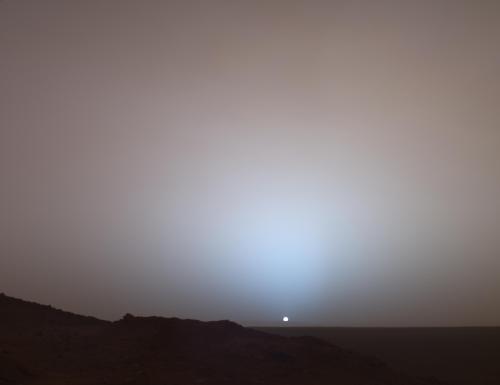
On Mars, the sunset is blue.
js
Cause of death
*dies from embarrassment after coughing more than 4 times in a row in a public place*
Can't get enough of these
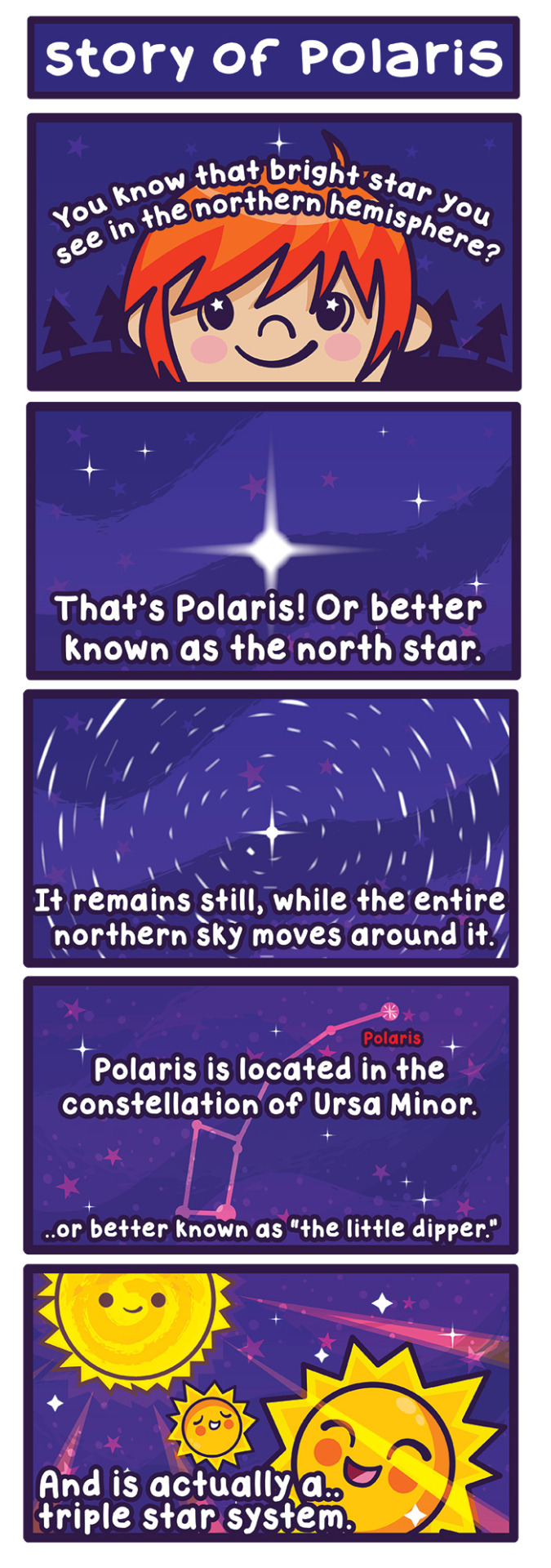
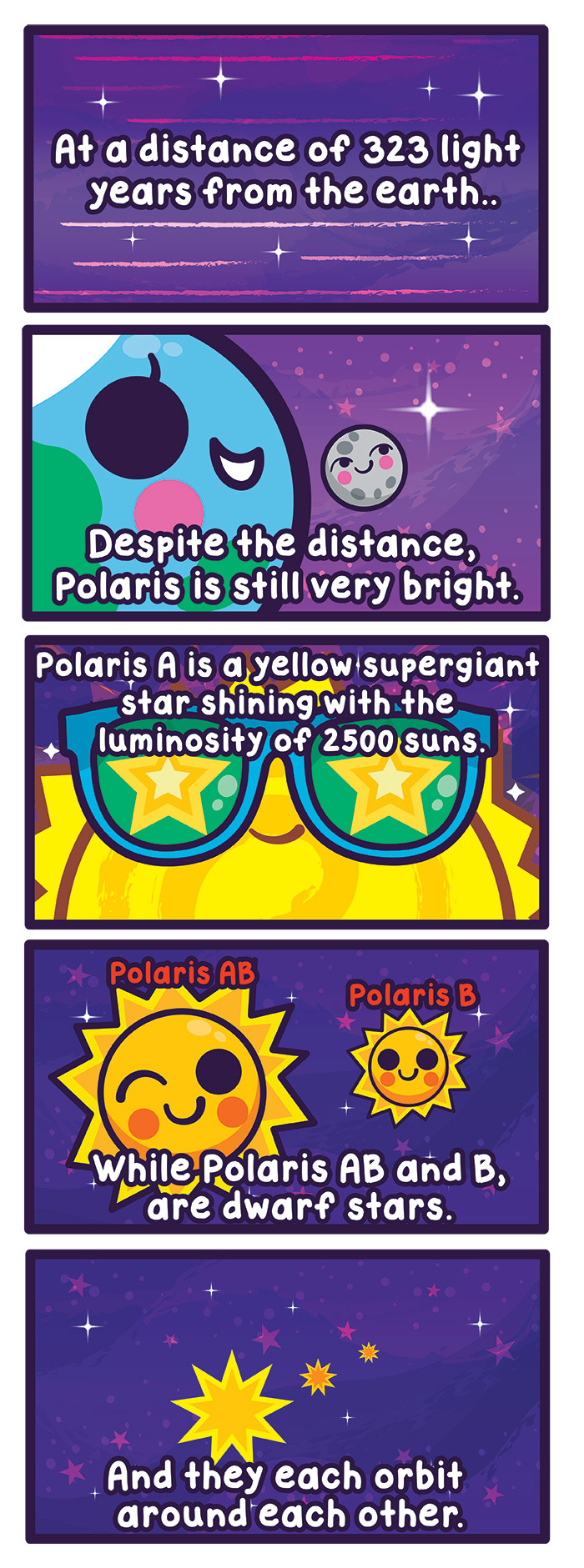
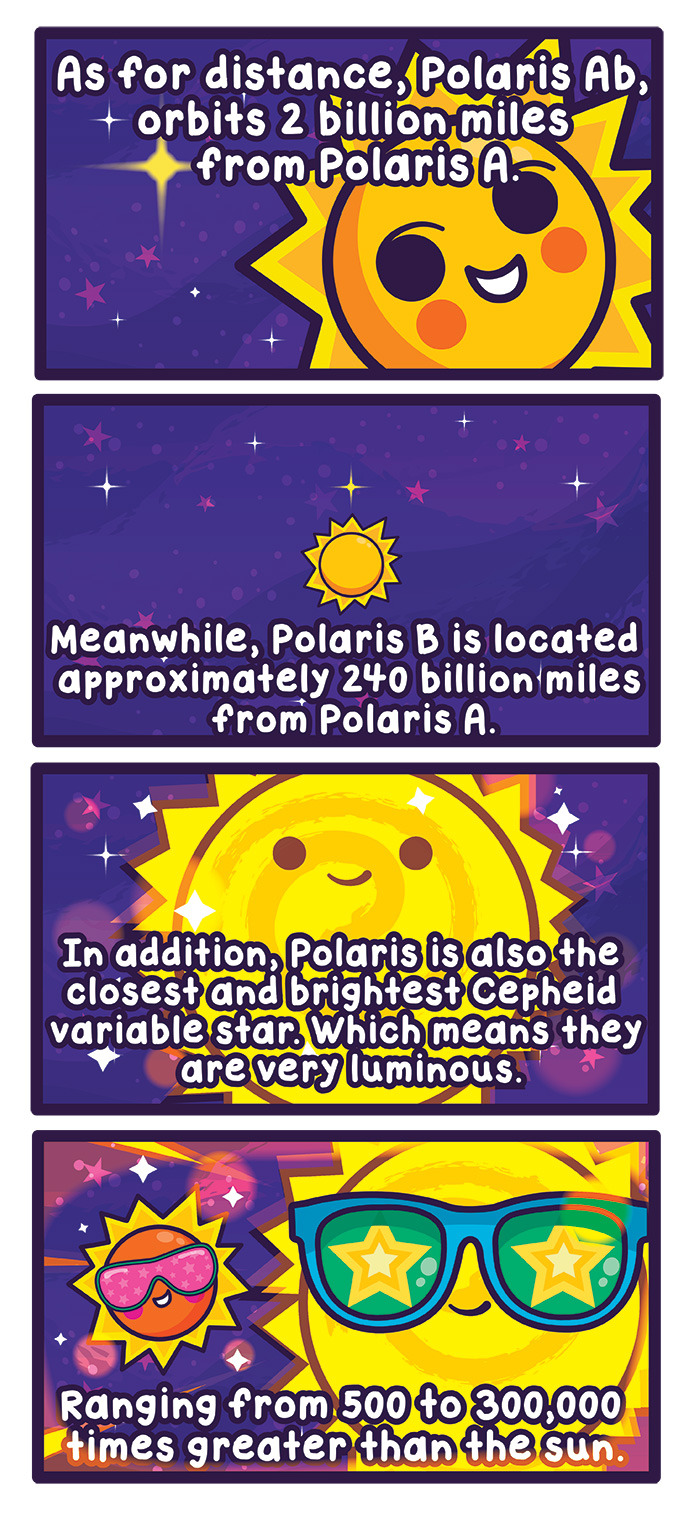
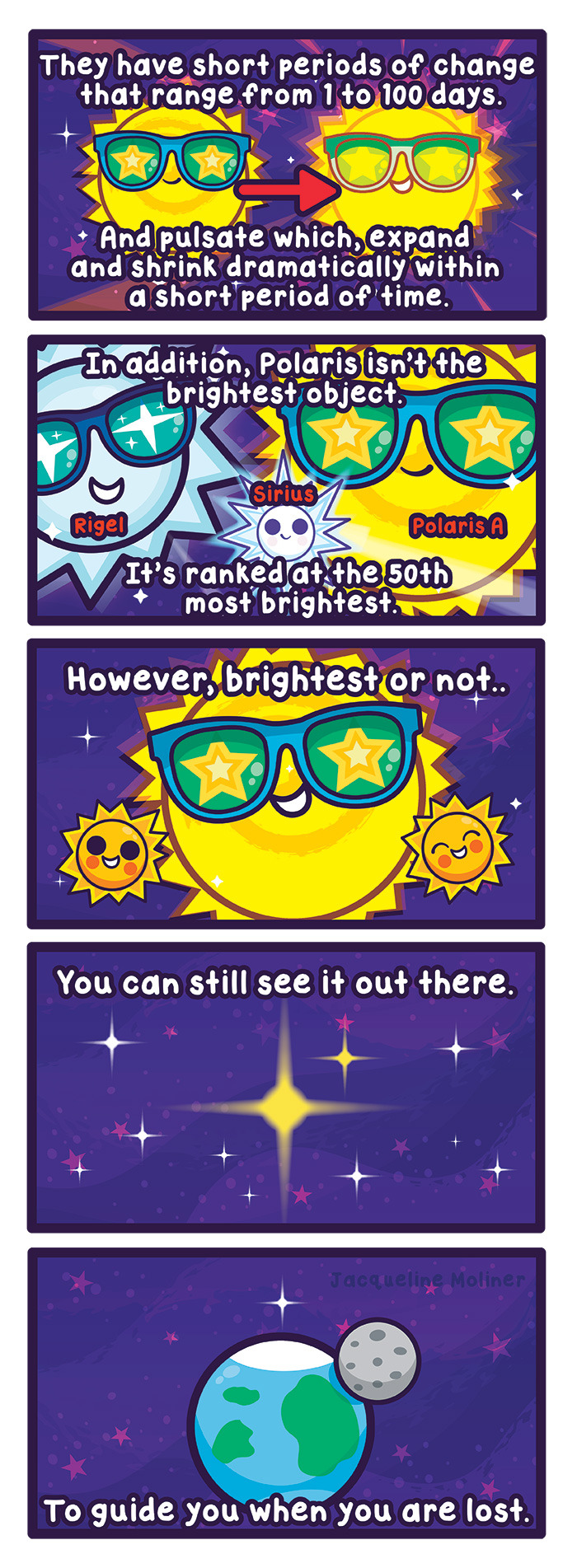
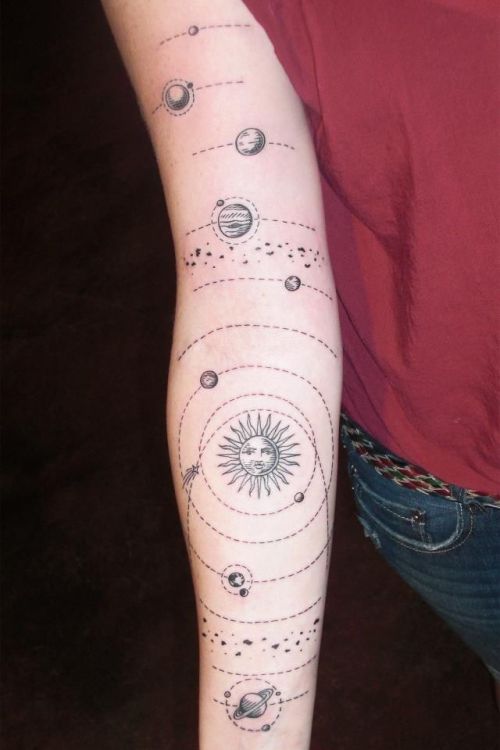
-
 mercedesalma liked this · 1 year ago
mercedesalma liked this · 1 year ago -
 gqutie-blog liked this · 1 year ago
gqutie-blog liked this · 1 year ago -
 sonicsoundscapes liked this · 6 years ago
sonicsoundscapes liked this · 6 years ago -
 a-tractorman-world liked this · 6 years ago
a-tractorman-world liked this · 6 years ago -
 morby reblogged this · 6 years ago
morby reblogged this · 6 years ago -
 morby liked this · 6 years ago
morby liked this · 6 years ago -
 findlr1 liked this · 6 years ago
findlr1 liked this · 6 years ago -
 silviuai-blog liked this · 7 years ago
silviuai-blog liked this · 7 years ago -
 numberoneguy liked this · 7 years ago
numberoneguy liked this · 7 years ago -
 bumbumbumihatethesun liked this · 7 years ago
bumbumbumihatethesun liked this · 7 years ago -
 leppercolony liked this · 7 years ago
leppercolony liked this · 7 years ago -
 castcastle liked this · 8 years ago
castcastle liked this · 8 years ago -
 digipunk liked this · 8 years ago
digipunk liked this · 8 years ago -
 b0ggyb1tch liked this · 8 years ago
b0ggyb1tch liked this · 8 years ago -
 motherofdragonfire reblogged this · 8 years ago
motherofdragonfire reblogged this · 8 years ago -
 motherofdragonfire liked this · 8 years ago
motherofdragonfire liked this · 8 years ago -
 richard461220-blog liked this · 8 years ago
richard461220-blog liked this · 8 years ago -
 v1irus reblogged this · 8 years ago
v1irus reblogged this · 8 years ago -
 alphaneodesign liked this · 8 years ago
alphaneodesign liked this · 8 years ago -
 timallenphoto liked this · 8 years ago
timallenphoto liked this · 8 years ago -
 shininghyuck liked this · 8 years ago
shininghyuck liked this · 8 years ago -
 delta-m reblogged this · 8 years ago
delta-m reblogged this · 8 years ago -
 theshadowofmysoul7-blog reblogged this · 8 years ago
theshadowofmysoul7-blog reblogged this · 8 years ago -
 richiehellben-blog liked this · 8 years ago
richiehellben-blog liked this · 8 years ago -
 you-smell-like-poop reblogged this · 8 years ago
you-smell-like-poop reblogged this · 8 years ago -
 you-smell-like-poop liked this · 8 years ago
you-smell-like-poop liked this · 8 years ago -
 abaza54aba reblogged this · 8 years ago
abaza54aba reblogged this · 8 years ago -
 audrey-xoxo liked this · 8 years ago
audrey-xoxo liked this · 8 years ago -
 deadendpirate liked this · 8 years ago
deadendpirate liked this · 8 years ago -
 jupiterial liked this · 8 years ago
jupiterial liked this · 8 years ago -
 sarcastane reblogged this · 8 years ago
sarcastane reblogged this · 8 years ago -
 cyberdamner liked this · 8 years ago
cyberdamner liked this · 8 years ago
Just a socially awkward college student with an interest in the celestial bodies in our universe.
279 posts